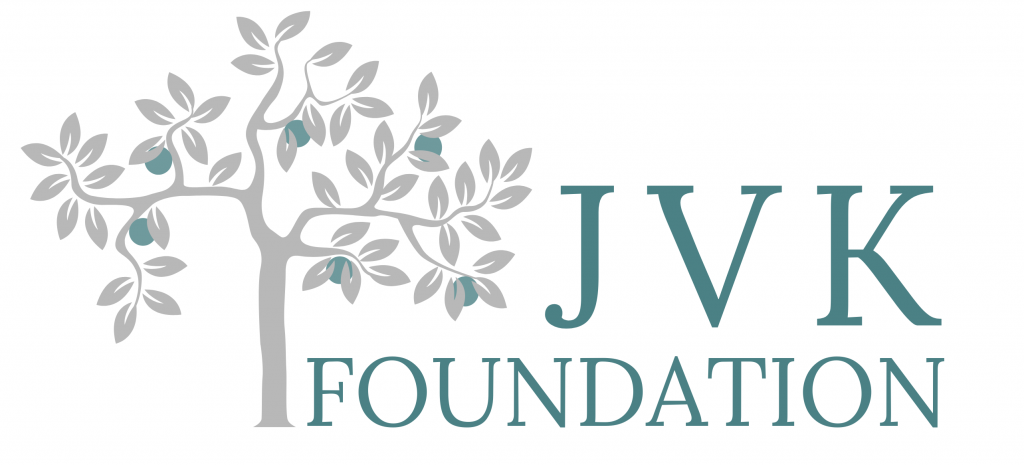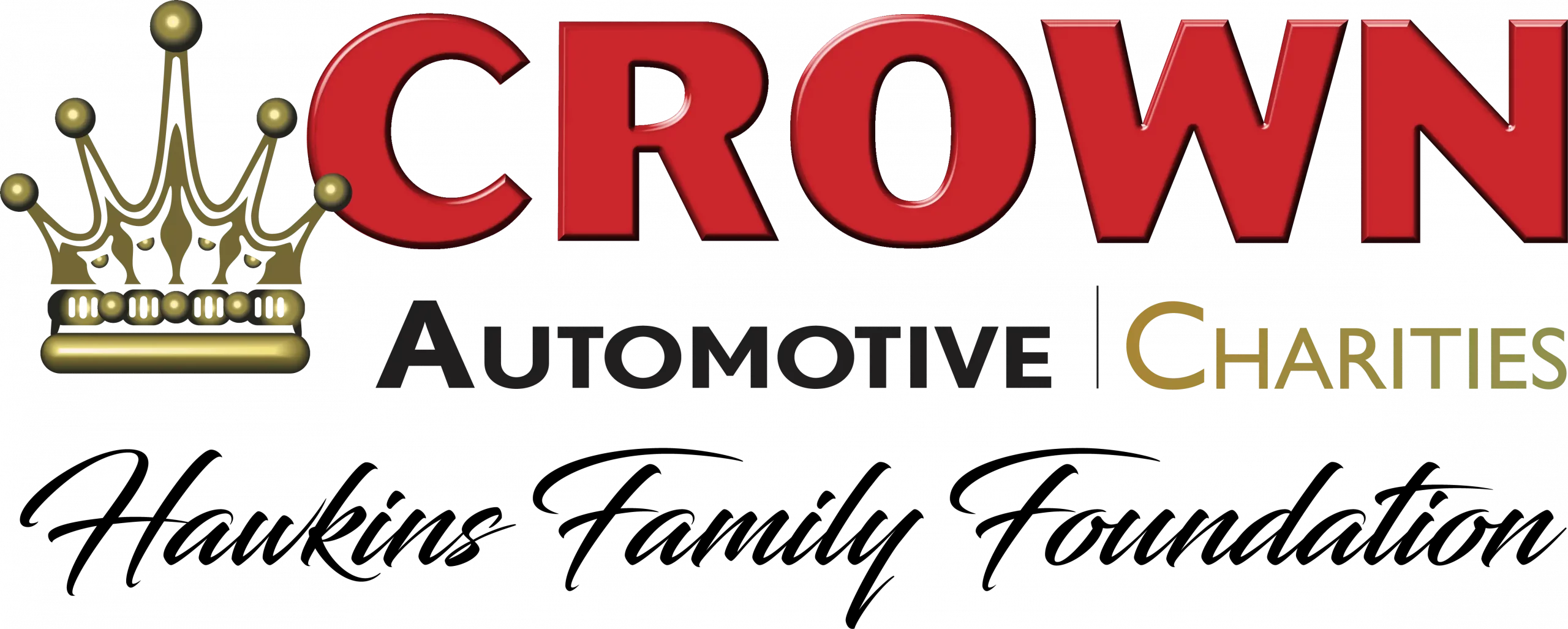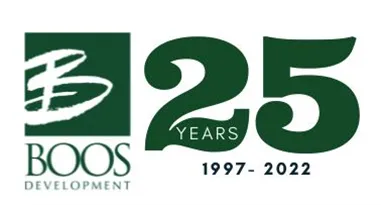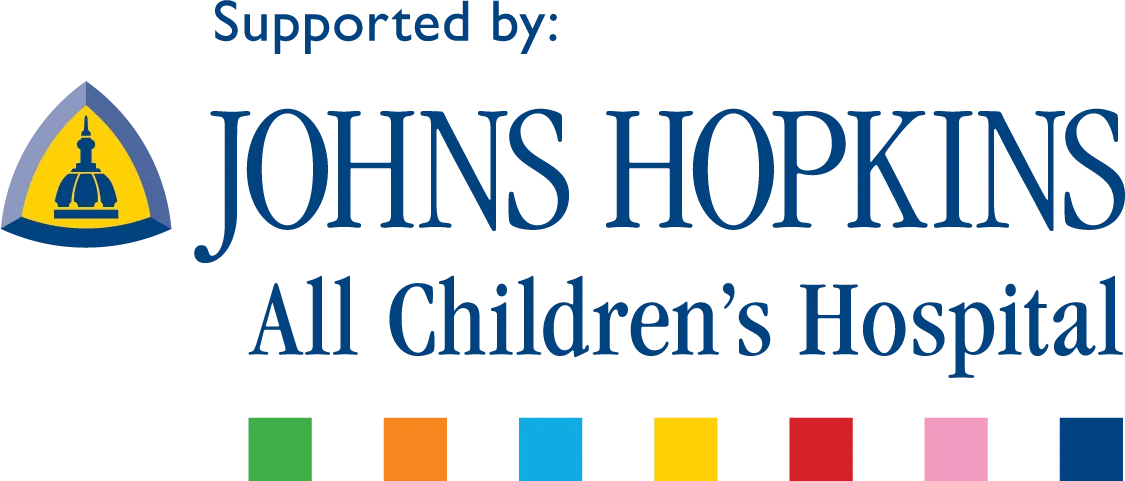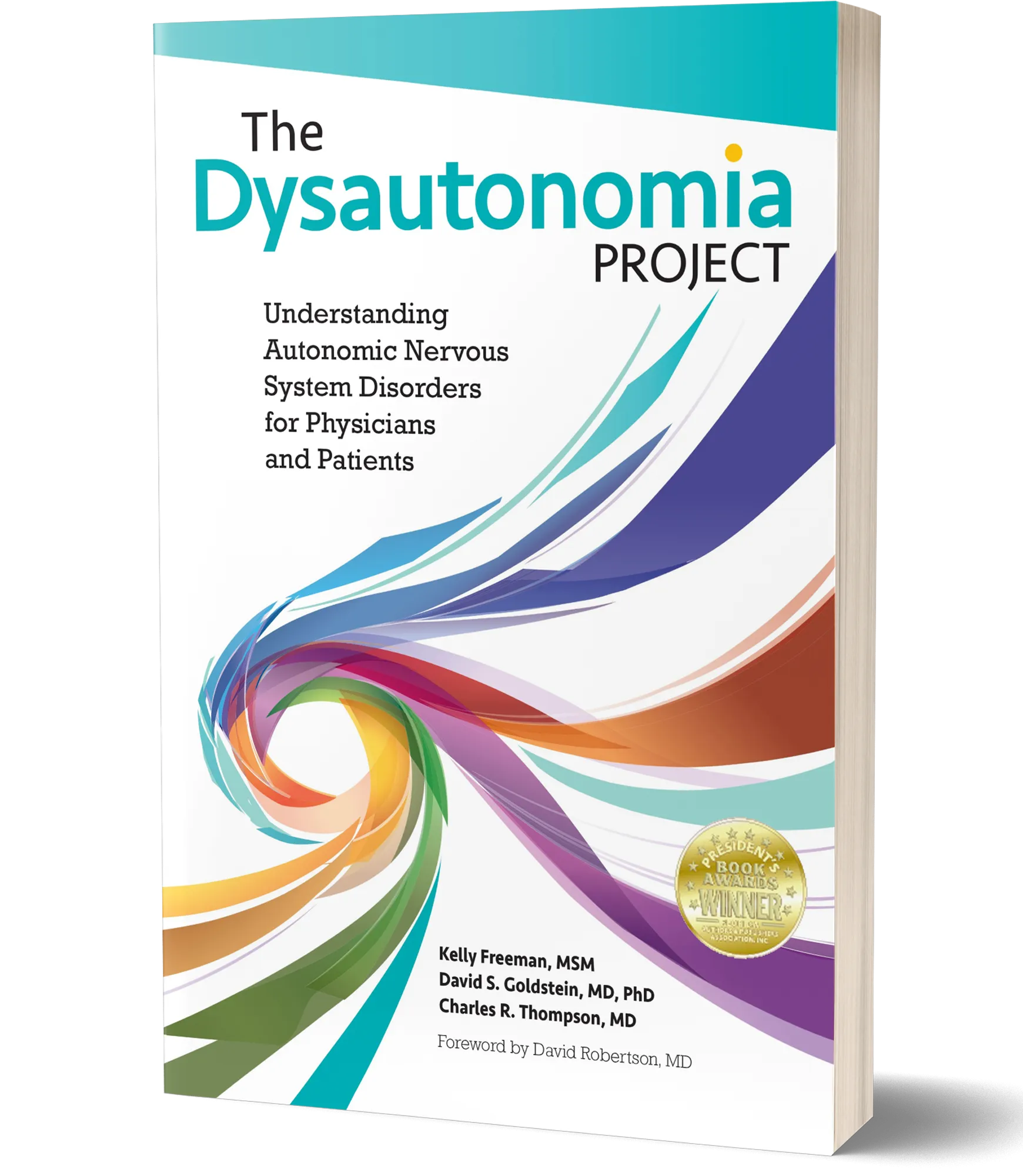Dr. Goldstein presents concepts for future studies in autonomic medicine.
Ideas for the future, first I think it’s important to emphasize that dysautonomias are mind-body disorders. That’s not a pejorative statement, that’s, first of all it’s reality and second you can exploit this, in terms of management of the patient. The patient has to know what kind of situations are going to be bad and what are not – and that includes a psychological phenomenon like classically conditioned responses. We talked a little bit about the autonomic and immune interactions. I think there’s a negative feedback loop that involves the autonomic nervous system, what’s been called the inflammasome. You see this negative feedback loop, where there’s one negative relationship in a cycle, that’s a negative feedback loop. Part of the justification for vagal stimulation, which much of it is “boof” here, but that’s another thing that’s being sort of studied; you have a vagal stimulator. For all I know, it’s possible that by way of this reflex, vagal stimulation might improve inflammatory diseases, rheumatoid arthritis or something like that, and I think it’s something that’s worth looking into. Finally, there’s a phenomenon I call “Flipping the Clinic”. Basically I think the days are rapidly coming to a close where a patient goes to the doctor, the doctor asked bunch of questions, does a bunch of tests, prescribed stuff as per consults, those procedures as you come back for follow-up, that used to be the way medicine was. But no more because of the Internet and Dr. Google is very powerful, and his colleague Dr. Wiki. And the patients, for good or for bad, I think they are increasingly coming to the clinical encounter with their own ideas, and the job of the doctor is not to just sort of patronize and say, “Oh, do this, do this, do this”, instead the doctor learns, and there’s an interaction between the patient and doctor. The doctor is guessing, every patient is an experiment, just at the end is 1. Doctors experimenting based on his or her intuition and training and experience and so forth and so on. The patient is giving the feedback. Well you know what? It didn’t work, or yes it did work, or I tried Trospium let us say and it worked. So, I foresee much more power and responsibility going to patients in the future. I’m hoping that this program that we’ve initiated here, will be the basis of an Internet-based medical education system in autonomic medicine and this could apply not just to dysautonomias but to other disorders of regulation.
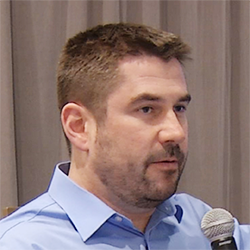
Wolfgang Singer, MD
Associate Professor of Neurology
Mayo Clinic Rochester, MN


